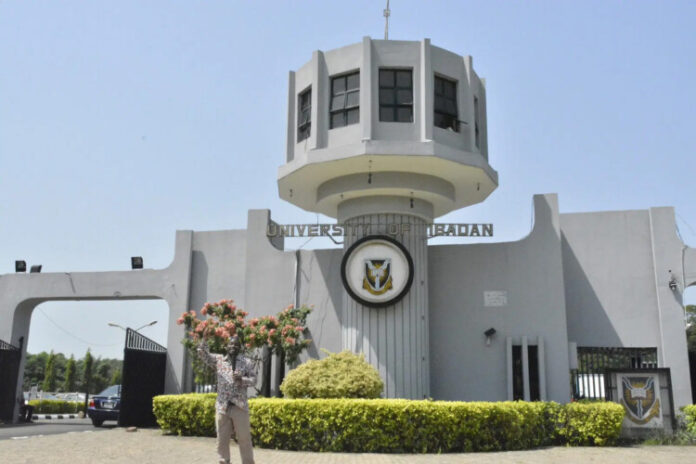“It has come to our attention that there is a growing trend within the University Community involving the participation and/or recruitment of female students as egg donors for In-Vitro Fertilisation (IVF) by individuals, agents, or agencies.
“While egg donation has brought hope to many families struggling with infertility, it is important to note that it should not be considered a permanent source of income or an alternative ‘side hustle’.
“Egg donation involves the use of hormonal medications to stimulate the ovaries. This process carries several short-term risks, including abdominal pain, breast tenderness, bloating, mood swings, Ovarian Hyperstimulation Syndrome (OHSS), infection and bleeding, ovarian torsion, potential injury to the bladder, nearby blood vessels, bowel, and psychological distress.”
The advisory noted that reports from some donors suggest potential long-term health consequences including loss of fertility.
“It is important to note that current research is still inconclusive regarding who is medically safe to donate, how many times donation can safely occur, and the ideal interval between donations.
“Do not donate more than three times in a year. Always choose a reputable clinic that adheres to established guidelines and prioritizes donor safety.
“While current evidence does not conclusively link egg donation to an increased risk of cancer, the lack of extensive long-term studies means that potential risks cannot be entirely ruled out.
“We strongly advise all students to seek professional medical advice before considering egg donation. Your health and well-being are paramount, and decisions made today should not lead to regret in the near or distant future. Stay informed. Stay safe.”
In an era where financial pressures can tempt students into risky decisions, the University of Ibadan’s health advisory serves as a vital reminder of the need for caution, education, and support for those navigating the complexities of egg donation. The hope is that with greater awareness and regulated practices, students can make informed choices that safeguard their health and future reproductive potential.

